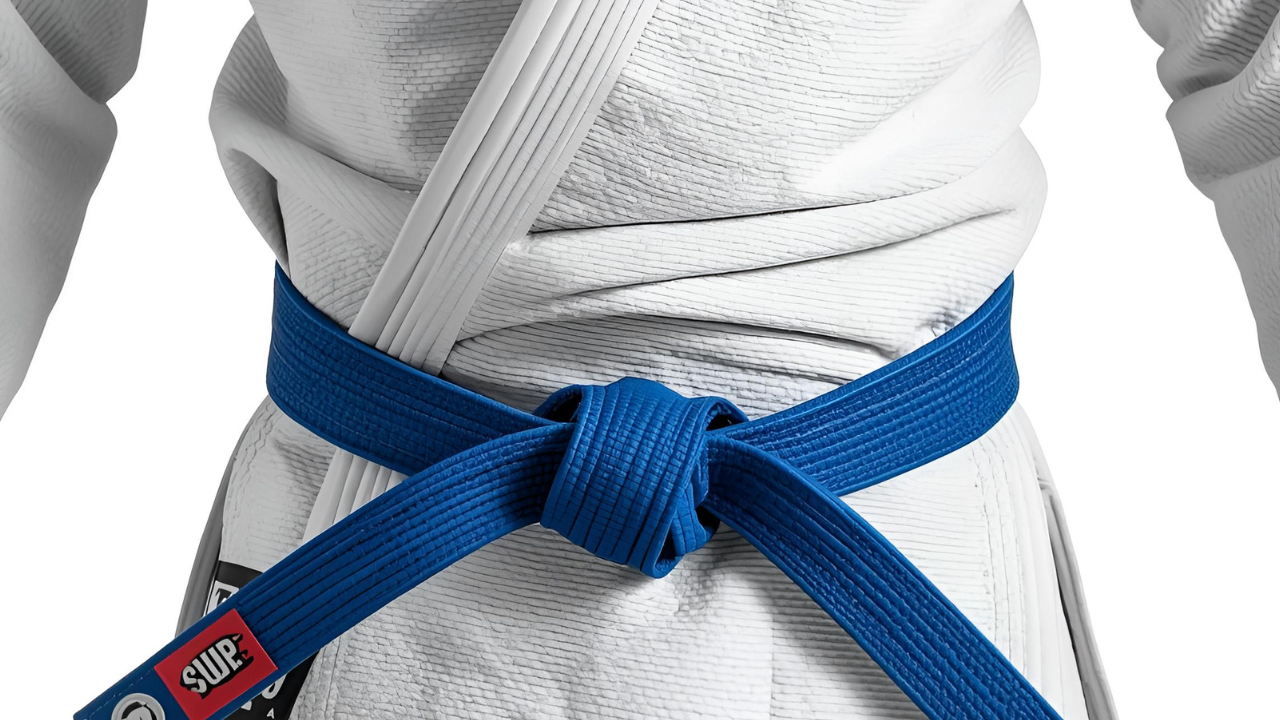If you train Brazilian Jiu-Jitsu, you’ve probably heard of the infamous blue belt dropout. For some, it’s just a meme. For others, it’s a painful reality. But why do so many promising practitioners hang up their gi right after reaching this milestone?
Let’s break down what really happens when the high of earning your blue belt starts to fade — and what you can do to push through.
From Motivation to Frustration
In the white belt phase, everything is new and exciting. You’re learning fast, progressing quickly, and maybe even tapping out higher belts. The blue belt comes as a well-earned reward.
But once that belt is tied around your waist, things change:
- Training partners start going harder.
- You’re no longer the “newbie” getting guidance — now, people expect you to lead.
- The novelty wears off, and the grind begins.
This shift can feel overwhelming and demotivating if you’re not prepared for it.
5 Real Reasons People Quit at Blue Belt
1. The Motivation Drop
We often chase goals with intensity — but once we reach them, a strange emptiness can follow. The blue belt feels like a finish line, when in fact, it’s only the beginning.
2. Increased Pressure
Now that you’re not a beginner, your professor and teammates expect more from you. Mistakes that were once forgiven now draw criticism. That pressure can make you question your progress.
3. Injuries & Recovery
As we roll harder, injuries become more common. The constant battle with pain — knees, fingers, shoulders — can take a toll on your body and your mind. This is a huge factor in dropout rates.
4. The Long Road to Purple
Unlike the transition from white to blue, earning your purple belt takes years. For impatient or unmotivated practitioners, that long gap can feel like forever.
5. The Identity Crisis
A true blue belt isn’t just about technique — it’s about mindset. You’re expected to give white belts a challenge and keep up with purple belts. When that doesn’t happen, self-doubt creeps in.
Real Stories, Real Struggles
I went through her own blue belt crisis — recovering from a shoulder injury just to face another one during competition. But she’s still on the mats.
Tiago, now a purple belt, once felt like his game was falling apart. He was injured, discouraged, and unsure. But he stuck around — and leveled up.
May, another BJJ Girls Mag contributor, says earning her blue belt was a dream. She came back from a break, trained hard, and embraced the ups and downs.
How to Survive Your Blue Belt Crisis
- Set New Goals: Focus on building your guard game, mastering transitions, or helping white belts grow.
- Celebrate Small Wins: That one sweep you nailed? That’s progress.
- Rest with Purpose: Taking a break doesn’t mean quitting. Let your body heal, and return smarter.
- Lean on Community: Talk to teammates, mentors, or even others online. You’re not alone.
Final Roll: This is Where Black Belts Are Made
The blue belt crisis is real — but it’s also a test. If you can roll through it, you’ll come out stronger, both physically and mentally.
Don’t quit. Not yet. Your journey is just getting started.
